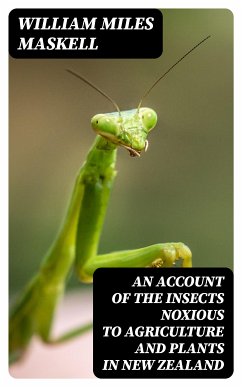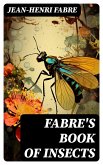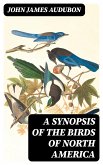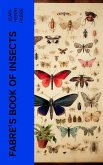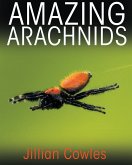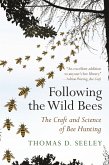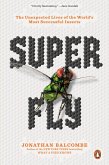In "An Account of the Insects Noxious to Agriculture and Plants in New Zealand," William Miles Maskell provides a meticulous and authoritative examination of the various insect species that threaten the agricultural landscape of New Zealand. Through a blend of detailed field observations and rigorous taxonomy, Maskell's literary style combines scientific precision with vivid descriptions, allowing readers to engage deeply with the ecological concerns of the period. Set within the late 19th century, a time when colonial agriculture was expanding rapidly, the book reflects critical themes related to environmental conservation and the challenges posed by invasive species. William Miles Maskell, an entomologist and a prominent figure in the study of New Zealand's fauna, draws upon his rich background in natural history and science to inform his writings. Having worked extensively in the field, Maskell's insights into agricultural practices and the impact of pests stem from both personal experience and a burgeoning scientific curiosity unique to his time. His contributions to entomology not only enhance our understanding of insect life but also advocate for better agricultural practices in a rapidly transforming environment. This book is essential for scholars, ecologists, and agriculturalists interested in the dynamics of pest management and conservation in New Zealand. Maskell's compelling narrative serves as a crucial resource for understanding the delicate balance between agriculture and ecological health, making it a valuable addition to the libraries of those invested in environmental studies and pest control strategies.
Dieser Download kann aus rechtlichen Gründen nur mit Rechnungsadresse in A, B, BG, CY, CZ, D, DK, EW, E, FIN, F, GR, H, IRL, I, LT, L, LR, M, NL, PL, P, R, S, SLO, SK ausgeliefert werden.

